DECC offices, Dublin 2, 9am Thursday 16th November 2023: Extinction Rebellion Ireland (XRI) activists began a sit-in this morning of the offices of the Dept of Environment, Climate and Communications (DECC) in protest of the Minister’s recommendation of a floating LNG terminal option as energy security solution in the report Energy Security In Ireland to 2030 published by DECC on Wednesday. Meanwhile, outside the offices, activists from XRI and other groups, including Fingal One Future, protested and staged a leak in a tank on board an 18-foot-long “LNG Tanker”.
The occupiers demanded a meeting with the Minister to insist that he honour the Green Party’s commitment in the Programme For Government to ban imports of fracked gas - a commitment which effectively rules out LNG imports.
Angela Deegan, one of the XRI activists occupiers said:
“It is outrageous to consider LNG storage as an energy security solution when the overarching threat to a secure future is the climate crisis - a crisis driven primarily by the emission of greenhouse gases from fossil fuels like LNG - plus the fact that LNG facilities are so vulnerable to terrorist attack, not to mention the potential devastation to any surrounding communities in the event of an accident at an LNG facility.”
Seán Loughran of Fingal One Future said ,
“True energy security in this country means renewable energy, demand management and demand reduction. And that means a moratorium on data centres which are a threat to our energy supply and climate targets.”
Liquefied Natural Gas is “natural gas” that has been compressed to liquid form by cooling it to around −162 °C to enable its transport by tanker to markets where it can be re-gasified for distribution. The additional energy required to process LNG and the high levels of methane leakage in all stages of its supply chain make it 20% more GHG emissions-intensive than short-distance gas - no better than coal or oil in terms of its emissions in fact.
Sinéad Sheehan of Futureproof Clare said,
"Futureproof Clare is supportive of the occupation of the DECC because the government body had failed miserably to do its job. Green Party Minister Eamon Ryan had a chance to do the right thing and prevent fracked gas from entering Ireland for good. It is on Minister Ryan's watch that the government has now advocated for a floating LNG terminal and we won't stand for it".
Commenting on Minister Ryan’s decision Johnny McElligott, of Saftey Before LNG, Kerry said,
"It's a strange world when so-called Green politicians can move from a ban on LNG terminals importing fracked gas, to a ban only on commercial LNG, to now supporting the construction of a "non-commercial commercial LNG terminal" with a public-private partnership where LNG will have to be traded and replenished regularly due to evaporation. They are paying more attention to word games and increasing gas demand at a runaway pace for data centres than their pre-election promise of no new large-scale fossil fuel infrastructure”.
Aside from its terrible lifecycle emissions, LNG is also a highly unstable and explosive substance. If it spills, it can turn into rapidly expanding clouds of vapour capable of flash-freezing human flesh. LNG vapours can become uncontrollable fires that are so hot that they can burn people up to a mile away.
At the May 30th Oireachtas Committee on Environment and Climate Action on “Liquefied Natural Gas and Oil Prospecting”, expert witness Professor Barry McMullin, Faculty of Engineering and Computing at Dublin City University, stated,
“In terms of geopolitical risk, any geopolitical actor that has both the means and interest in attacking the gas connection infrastructure between Ireland and the UK, by definition, has the means and interest to attack LNG import infrastructure. Therefore, LNG import infrastructure does not actually mitigate that geopolitical risk.”
LNG terminals have been identified by the United States Congressional Research Service as a potential terrorist target: "Because LNG infrastructure is highly visible and easily identified, it can be vulnerable to terrorist attack." The report continues, "LNG tankers and land-based facilities may be vulnerable to terrorism. Tankers could be physically attacked to destroy their cargo—or commandeered for use as weapons against coastal targets. Land-based LNG facilities could also be physically attacked with explosives or through other means. Alternatively, computer control systems could be “cyber-attacked,” or both physical and cyber attack could happen at the same time."
- END -
